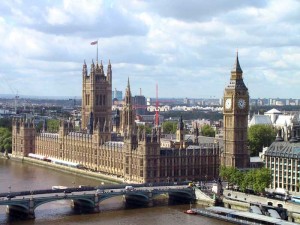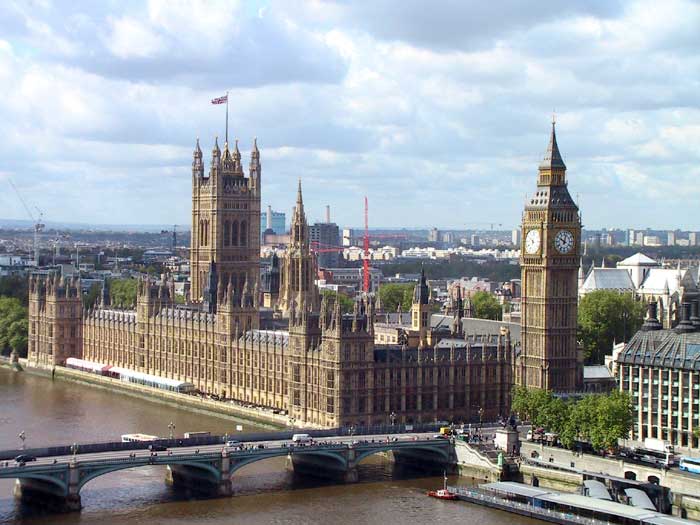 The government borrowed less than expected in August as new measures to reduce spending and increase tax revenue came into effect Official figures show that a total of just £13.2 billion was borrowed in August, down from £14.5 billion in August last year.
The government borrowed less than expected in August as new measures to reduce spending and increase tax revenue came into effect Official figures show that a total of just £13.2 billion was borrowed in August, down from £14.5 billion in August last year.
This represents a £1.3 billion reduction in spending – a significant improvement in line with a long-term effort to reduce public borrowing. The savings were possible due to a £600 million increase in tax revenues and a £1.1 billion reduction in public spending.
Despite the increase in tax revenue and reduction in public spending, figures were compromised due to a £500 million increase in investment spending. The money is being spent on improved infrastructure, particularly roads and highways, and new schools and educational improvement.
The country has forecast an annual borrowing target of £120 billion, which many economists now believe is achievable. Howard archer, of HIS Global Insight, said that ‘there looks to be a real and growing possibility that the Chancellor will significantly undershoot his 2013/2014 fiscal targets.”
If the current pattern continues, annual borrowing could come in as low as £107.2 billion over the next twelve months. Borrowing during the first five months of the year already beat targets, with the government borrowing just £48.8 billion – over £3.7 billion less than during the same period twelve months before.
The decline in borrowing has largely been made possible due to an increase in tax revenue. Tax income from VAT, income, and production measured since April has increased by over £7 billion. Despite this, public sector debt has increased relative to GDP – up to 74.6 per cent of GDP this year, from 71.5 per cent in August 2012.
The government has highlighted several reasons for the increase in tax revenue, including a new tax avoidance deal with Switzerland designed to reduce British dependence on international tax havens.





